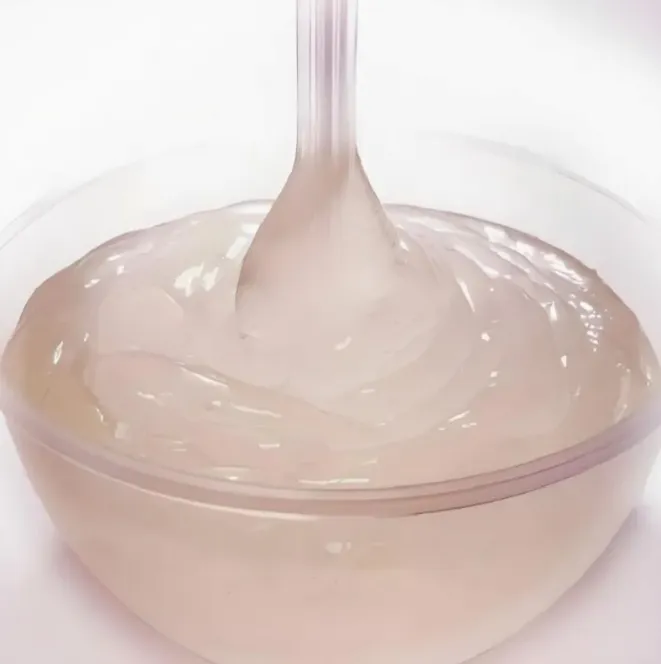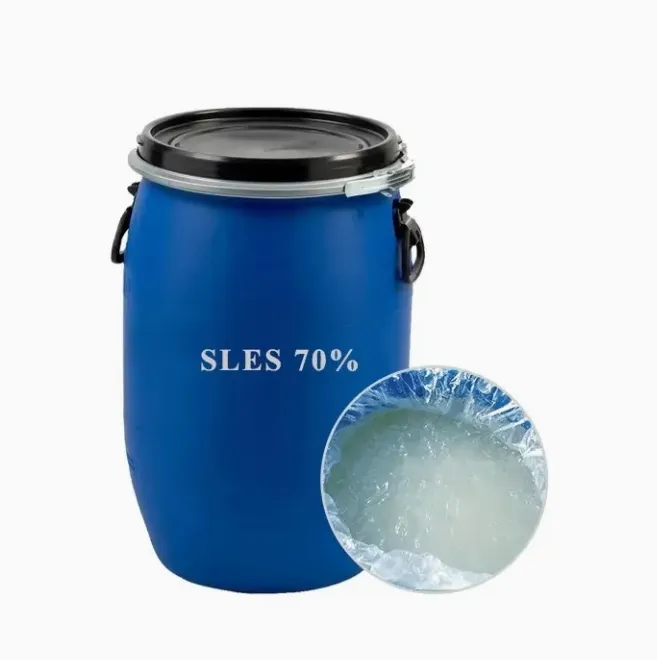Warning: Undefined array key "title" in /home/www/wwwroot/HTML/www.exportstart.com/wp-content/themes/1198/header.php on line 6
Warning: Undefined array key "file" in /home/www/wwwroot/HTML/www.exportstart.com/wp-content/themes/1198/header.php on line 7
Warning: Undefined array key "title" in /home/www/wwwroot/HTML/www.exportstart.com/wp-content/themes/1198/header.php on line 7
Warning: Undefined array key "title" in /home/www/wwwroot/HTML/www.exportstart.com/wp-content/themes/1198/header.php on line 7
- αφρικανός
- Αλβανός
- Αμαρικά
- αραβικός
- αρμενικός
- Αζερμπαϊτζάν
- Βάσκος
- Λευκορωσική
- Μπενγκάλι
- Βόσνιος
- Βούλγαρος
- καταλανικά
- Cebuano
- Κίνα
- Κίνα (Ταϊβάν)
- Κορσικανός
- Κροατία
- Τσέχος
- δανικός
- Ολλανδός
- Αγγλικά
- εσπεράντο
- Εσθονική
- φινλανδικός
- γαλλική γλώσσα
- Φριζ
- Γαλικιανός
- Γεωργιανή
- Γερμανός
- Ελληνικά
- Γκουτζαράτι
- Κρεολική Αϊτής
- hausa
- Χαβάης
- Εβραϊκά
- Όχι
- Miao
- ουγγρικός
- ισλανδικός
- igbo
- Ινδονησιακά
- ιρλανδικός
- ιταλικός
- Ιαπωνικά
- Ιάβας
- Κανάντα
- καζακικά
- Χμερ
- Ρουάντα
- κορεάτης
- κουρδικά
- Κιργιζικά
- ΤΒ
- λατινικά
- λετονική
- Λιθουανικά
- Λουξεμβουργιανό
- Μακεδόνας
- Μαλγκάσι
- Μαλαισίας
- Μαλαγιαλάμ
- μαλτέζος
- Μαορί
- Μαράθι
- Μογγόλος
- Μιανμάρ
- Νεπάλ
- Νορβηγός
- Νορβηγός
- Οξιτανός
- Πάστο
- περσικός
- Στίλβωση
- Πορτογαλικά
- Παντζάμπι
- ρουμανικός
- Ρωσική
- Σαμόα
- Σκωτσέζικη Γαελική
- Σέρβος
- Αγγλικά
- Σόνα
- Σίντι
- Σινχαλά
- Σλοβάκος
- Σλοβενική
- Σομαλία
- Ισπανικά
- Σουνδανή
- Σουαχίλι
- Σουηδικά
- Ταγκαλόγκ
- Τατζικιστάν
- Ταμίλ
- Τατάρος
- Τελούγκου
- Ταϊλανδός
- τούρκικος
- Τουρκμενιστάν
- Ουκρανός
- Ουρντού
- Ουιγούρης
- Ουζμπεκιστάν
- Βιετναμέζικο
- Δεν πληρώνω τα οφειλόμενα
- Βοήθεια
- γερμανοεβραϊκή διάλεκτος
- Γιορούμπα
- Ζουλού
Ιούν . 05, 2025 15:19 Επιστροφή στη λίστα
SLES 70: A Versatile Ingredient for Personal Care and Cleaning Products
SLES 70 (Sodium Laureth Sulfate 70%) is a widely used surfactant and detergent found in countless personal care and industrial cleaning products. Known for its excellent foaming and cleansing properties, SLES 70 plays a key role in formulations ranging from shampoos and body washes to dish soaps and laundry detergents. If you're in the cosmetic or cleaning product manufacturing business, understanding the uses, benefits, and sourcing options for SLES 70 is crucial.

What is SLES 70?
SLES 70 is an anionic surfactant derived from ethoxylated lauryl alcohol. It’s typically supplied as a clear or slightly yellowish viscous paste containing around 70% active matter. It is valued for its strong cleansing power, mildness to skin, and compatibility with other ingredients.
In the cosmetic industry, SLES 70 is prized for its ability to create rich, stable foam and enhance product spreadability. In cleaning formulations, it helps emulsify oils and lift dirt and grease from surfaces.

Benefits of Using SLES 70
Excellent Foaming Ability: Whether it’s shampoo or hand soap, SLES 70 delivers thick, stable foam that enhances the user experience.
Effective Cleansing: It efficiently breaks down dirt, oil, and grease, making it suitable for both skin and hard surface cleaning products.
Good Skin Tolerance: Compared to harsher sulfates, SLES 70 is gentler on the skin, which is why it’s often used in personal care products.
Versatility: Compatible with a wide range of ingredients and pH levels, SLES 70 fits into nearly any liquid detergent or cosmetic formulation.
Choosing the Right Galaxy SLES 70
One popular and trusted variant in the market is Galaxy SLES 70. Manufactured by Galaxy Surfactants, a leading name in personal and home care raw materials, Galaxy SLES 70 is known for consistent quality and high purity.
Formulators and manufacturers choose Galaxy SLES 70 for:
Its reliable supply chain and technical support.
High-performance in end-product testing.
Superior solubility and clarity when diluted into formulations.
Whether you’re creating a new shampoo line or developing an industrial degreaser, Galaxy SLES 70 ensures dependable results.
Finding Reliable SLES 70 Suppliers
Sourcing from dependable SLES 70 suppliers is essential to maintain product consistency and meet production timelines. Top SLES 70 suppliers typically offer:
Bulk quantities and custom packaging options.
Technical documentation like COA, MSDS, and TDS.
Competitive pricing based on market rates and volume.
Logistics support for global or regional shipping.
Understanding SLES 70 Price
The SLES 70 price can vary based on several key factors:
Raw Material Costs: Since it’s derived from petrochemicals and palm oil, fluctuations in these commodities affect pricing.
Supply and Demand Trends: High demand from cosmetic or cleaning industries may drive prices up during peak seasons.
Order Volume: Like most bulk chemicals, larger quantities typically yield better per-unit pricing.
Shipping and Import Duties: If you're importing, duties and freight can significantly affect your final SLES 70 price.
As of recent trends, the average SLES 70 price ranges between $1,000 and $1,600 per metric ton, depending on origin and quality. For accurate pricing, it’s best to contact suppliers directly for quotes based on your required volume and location.
Applications of SLES 70
Here’s a breakdown of common products that use SLES 70:
|
Industry |
Εφαρμογή |
|
Personal Care |
Shampoos, body washes, facial cleansers, toothpaste |
|
Household Cleaning |
Dishwashing liquids, laundry detergents, floor cleaners |
|
Industrial Cleaning |
Degreasers, car wash liquids, heavy-duty detergents |
|
Textile & Leather |
Wetting agents and emulsifiers in processing |
Sustainability and Safety
While SLES 70 is generally considered safe for use in cosmetic and cleaning products, there are increasing demands for transparency and sustainability. Some manufacturers now offer SLES 70 derived from RSPO-certified palm oil or produce it with lower 1,4-dioxane residues to meet clean-label requirements.
Always check with your supplier for detailed safety and eco-certification documentation if your brand prioritizes green chemistry.
SLES 70 FAQs
Q1: What’s the difference between SLS and SLES 70?
A: While both are surfactants, SLES 70 is generally milder on the skin and eyes compared to Sodium Lauryl Sulfate (SLS). It’s ethoxylated to reduce harshness, making it more suitable for personal care applications.
Q2: Is Galaxy SLES 70 better than generic SLES 70?
A: Galaxy SLES 70 is often preferred for its consistent quality, better solubility, and reputable manufacturing. It’s a top choice for formulators seeking reliability in large-scale production.
Q3: What are the storage conditions for SLES 70?
A: Store in a cool, dry place in tightly sealed containers. Avoid exposure to direct sunlight or freezing temperatures, as these may affect viscosity and stability.
Q4: Can I use SLES 70 in natural or organic formulations?
A: It depends on the certification body. While SLES 70 is widely used, some clean-label standards may exclude sulfates. However, RSPO-certified or lower-residue versions may be acceptable in semi-natural formulations.
Q5: How do I find the best SLES 70 price for bulk orders?
A: Reach out to several SLES 70 suppliers for quotes. Make sure to provide order quantity, destination, and technical requirements to get accurate and competitive pricing.
Τελευταία νέα
-
Certifications for Vegetarian and Xanthan Gum Vegetarian
ΝέαJun.17,2025
-
Sustainability Trends Reshaping the SLES N70 Market
ΝέαJun.17,2025
-
Propylene Glycol Use in Vaccines: Balancing Function and Perception
ΝέαJun.17,2025
-
Petroleum Jelly in Skincare: Balancing Benefits and Backlash
ΝέαJun.17,2025
-
Energy Price Volatility and Ripple Effect on Caprolactam Markets
ΝέαJun.17,2025
-
Spectroscopic Techniques for Adipic Acid Molecular Weight
ΝέαJun.17,2025

